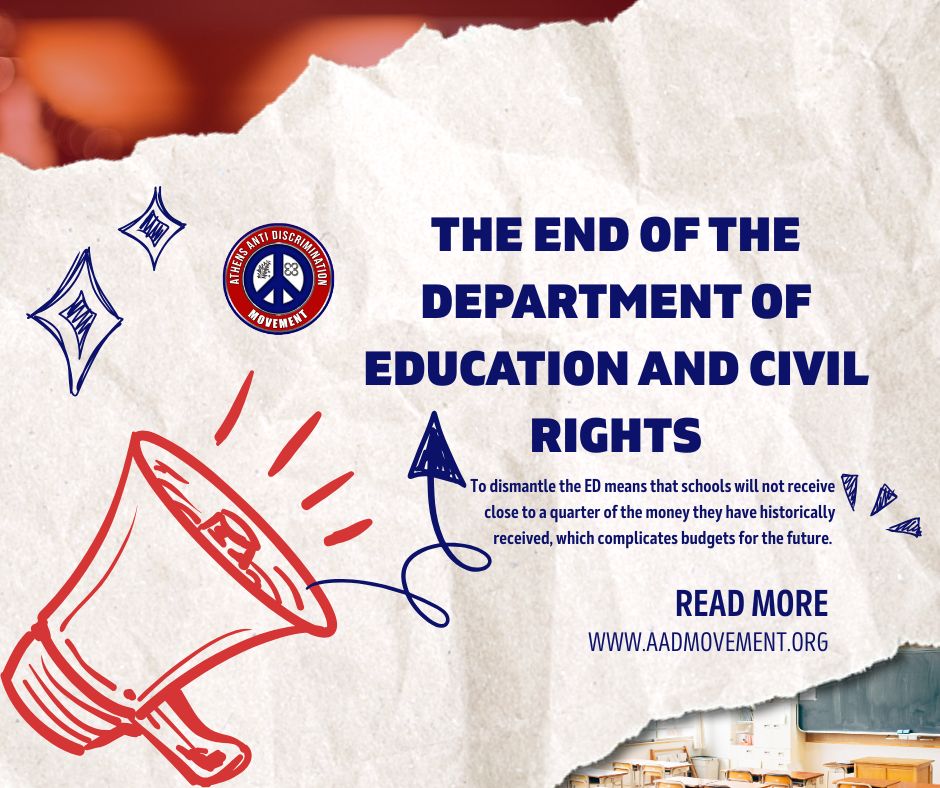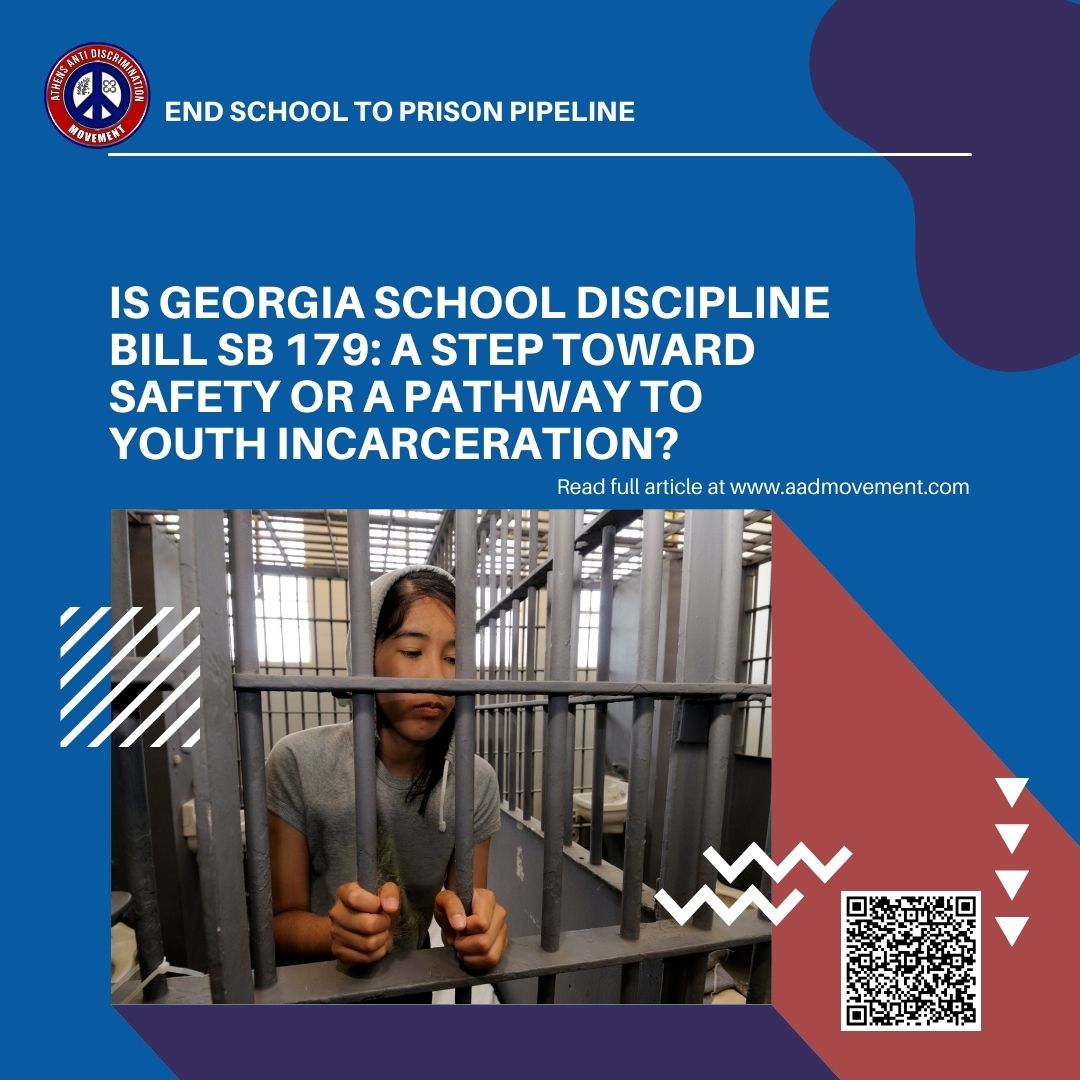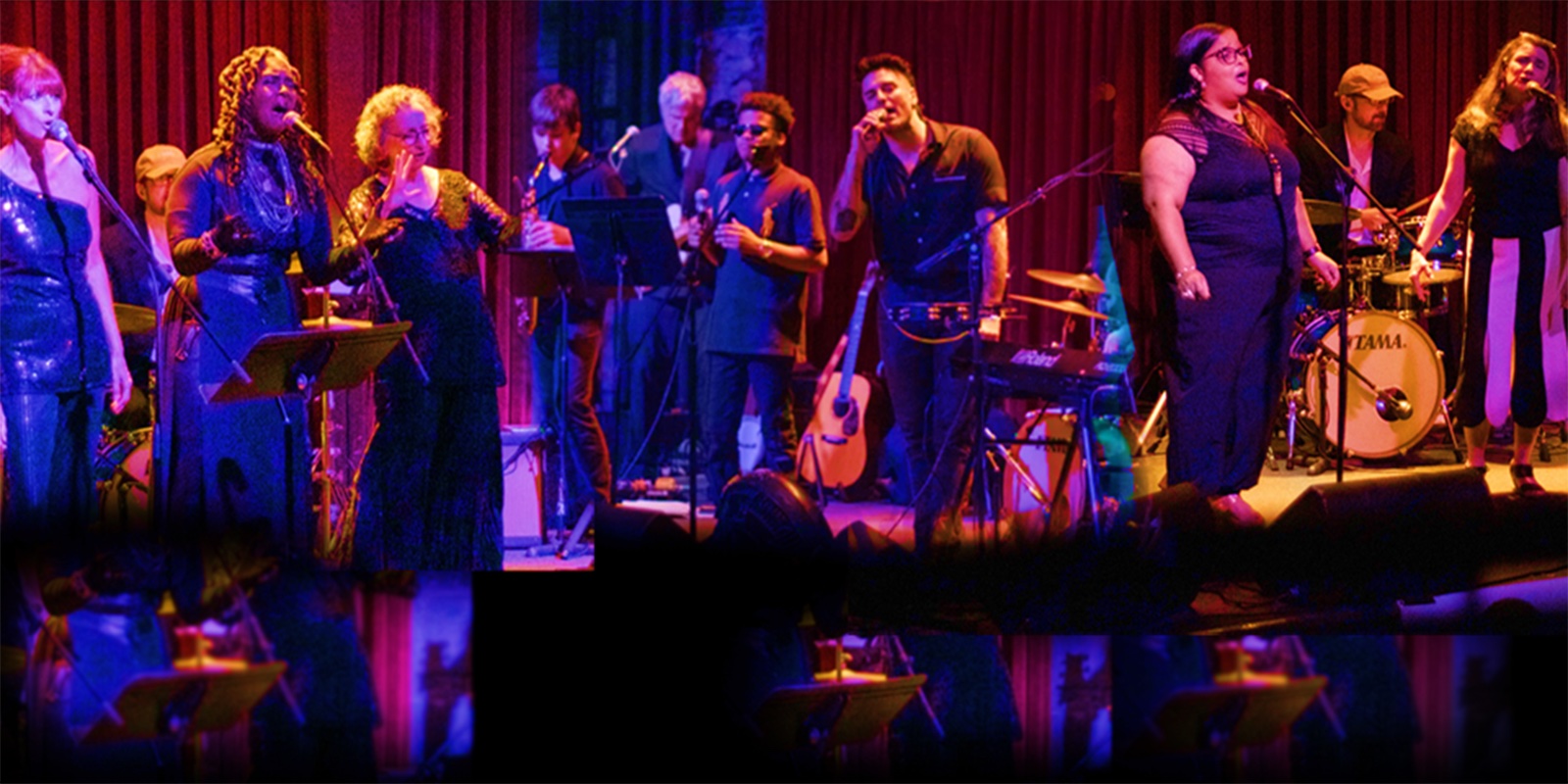Athens Anti Discrimination Movement
Written by Raiana Kelly, AADM contributing writer
October 2020
Misconceptions about the Black Lives Matter Movement
According to a new Pew Research Center survey, public support for the Black Lives Matter (BLM) movement ha declined since the nationwide demonstrations in June. Part of this decline in interest may be due to the overwhelming criticism the movement has received in recent months. Many have denounced Black Lives Matter as a “Marxist organization,” “discriminatory,” and “violent.”
When discussing Black Lives Matter, it’s important to understand that there is no centralized leadership or organization responsible for organizing and directing protests, and thus there is no single ideology or platform that the movement is based on. There are hundreds of different local Black Lives Matter groups that may or may not be affiliated with one another, and each of them have their own platforms and beliefs. The movement as a whole is a collection of communities and individuals that aim to raise awareness about and ultimately bring an end to the discrimination and mistreatment of Black Americans by the police, the government, and by people in their every day lives.
The Black Lives Matter Global Network was created in 2013 by organizers Patrisse Cullors, Alicia Garza, and Opal Tometi. The BLM Global Network is responsible for the creation of the #blacklivesmatter hashtag in response to the acquittal of Trayvon Martin’s murderer, George Zimmerman. The hashtag and phrase “Black Lives Matter” has since been used by countless individuals and organizations to show support of the movement as a whole because the message is powerful.
The BLM Global Network has been under fire due to a recent resurfacing of a 2015 video in which Cullors says herself and Alicia Garza are “trained Marxists.” They’ve also received backlash for their website stating that they intend to “disrupt the Western-prescribed nuclear-family-structure requirement by supporting each other as extended families and ‘villages’ that collectively care for one another.” These claims have been shared by various news outlets and have been used to scare people away from and denounce the movement. However, many of the other BLM groups, such as Black Lives Matter Utah, do not promote any economic theories (such as Marxism), have no political affiliations, and are not involved in any advocacy surrounding family structures.
Though many of the Black Lives Matter protests have been labeled as violent, a new report published by a nonprofit that studies political violence and protests around the world, has found that 93% of Black Lives Matter protests have been peaceful. Despite this information, many believe that Black Lives Matter is inherently violent; this is likely due to biased and disproportionate coverage of violent demonstrations by the media.
When people say “Black Lives Matter,” it’s not meant to imply that the lives of others don’t. Rather, it attempts to focus on the lives that are most in peril. Black Americans are disproportionately affected by police violence and systemic racism.
The decentralized nature of the Black Lives Matter movement has understandably caused confusion about what the movement stands for, but what unites each of these separate groups and individuals is their fight to end systemic racism and police brutality against Black people. The Black Lives Matter movement is a call to action in response to the legacy of violence and mistreatment of black people by the police, the criminal justice system, and our political and social institutions.




